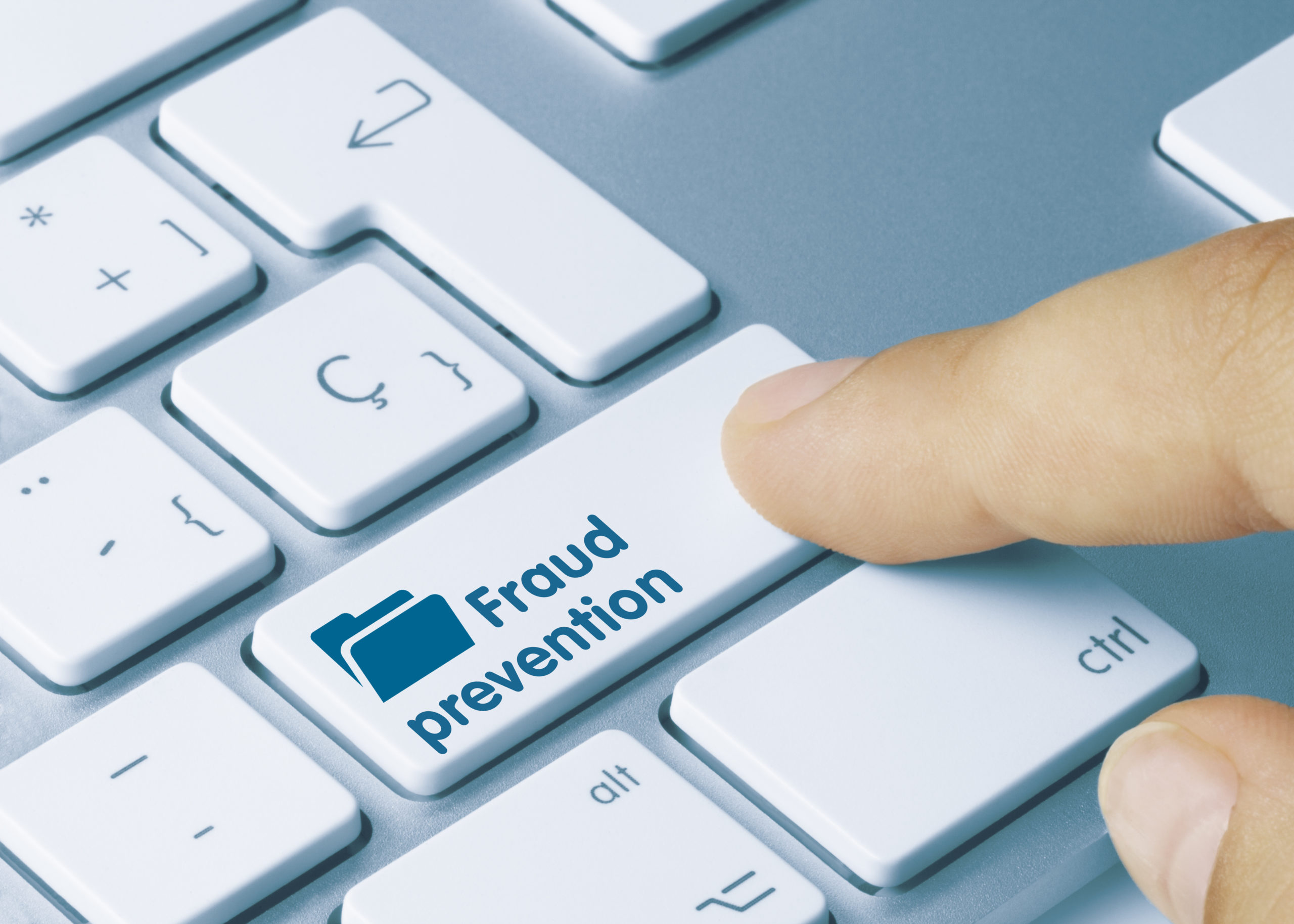Know how to identify an unemployment scam
If you haven’t been a victim, but want to prevent becoming one, it is important to know the signs of an unemployment scam. There are never fees for filing for unemployment, so if you’re prompted to pay one, do not continue. If you receive communications regarding unemployment insurance without having applied, it could mean someone is trying to apply using your identity. Be on the lookout for any suspicious emails or false websites. For more information, check out the FBI’s tips for identifying scams here.
Report the fraudulent claim
If you have received notice of a fraudulent unemployment insurance claim, either via mail or through your employer, it is prudent to report the fraud. You can go online and find your state’s unemployment insurance website so you can file a report. It is easy to do, whether you live in Nevada, California, or another state. You should also notify your employer. If necessary, you can choose to notify local authorities. The Federal Trade Commission (FTC) recommends also reporting the fraudulent claim to them via IdentityTheft.gov and they will provide additional recovery steps.
Check your credit report
Unemployment claims will not show up on your credit report but many other types of consumer fraud will. You can access a free credit report once per year from each of the three nationwide consumer credit reporting agencies: Equifax, Experian, and TransUnion. To order a report, visit www.annualcreditreport.com, and then click on “Request Your Free Credit Reports.” You may also request the report via telephone by calling (877) 322-8228.
Place a fraud alert on your credit account
This step allows your bank or anywhere you manage money to be notified that there has been fraudulent activity on your accounts. It will let them know to keep an eye on your accounts for any future suspicious activity. The FTC’s IdentityTheft.gov website will help you place a one-year fraud alert on your record for free.
Freeze your credit
If you have misplaced a credit card or if a card has been compromised, you should immediately notify the card issuer. Additionally, you may consider freezing your card until the card is found or until any fraud has been resolved. You may also want to consider freezing your credit. Freezing your credit will not prevent the use of active cards but it will prevent a fraudster from opening a new account in your name.
If you’re unsure about whether to do a credit freeze, credit lock, or place a fraud alert on your credit account, check out our blog post for more information.
Fraudulent unemployment insurance claims are on the rise so it is important to closely monitor communications received from your state’s unemployment office and your employer. You should also monitor your credit report and keep a close eye on your financial accounts. Always be cautious when answering any emails or phone calls that request personally identifiable information.
Schultz Financial Group Inc. (SFG) is a wealth management firm located in Reno, NV. Our approach to wealth management is different from many other wealth managers, financial advisors, and financial planners. Our team of fee-only fiduciaries strives to help our clients build their wealth across four capitals: Financial Matters, Physical Well-being, Psychological Space, and Intellectual Engagement. We provide family office and wealth management services to clients located in Nevada, California, and other states. If you’d like more information, please check out our website or reach out to us via our contact page.
